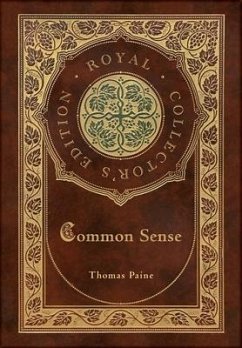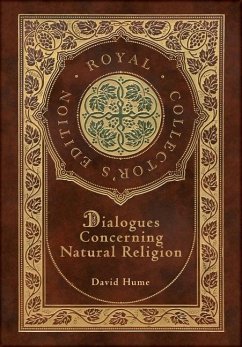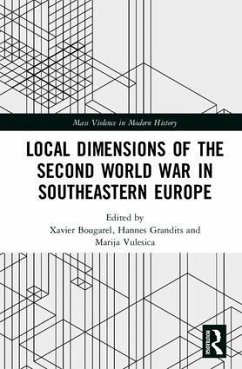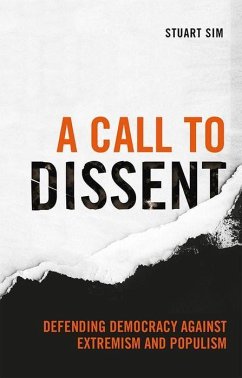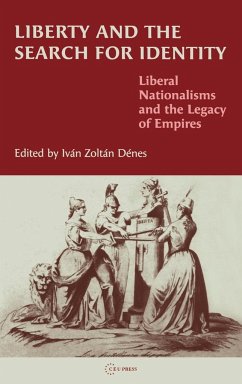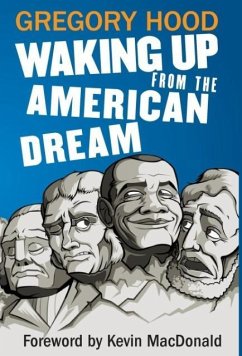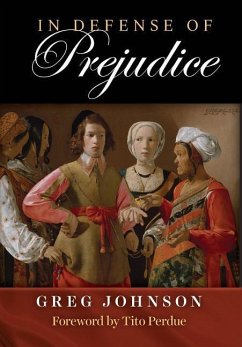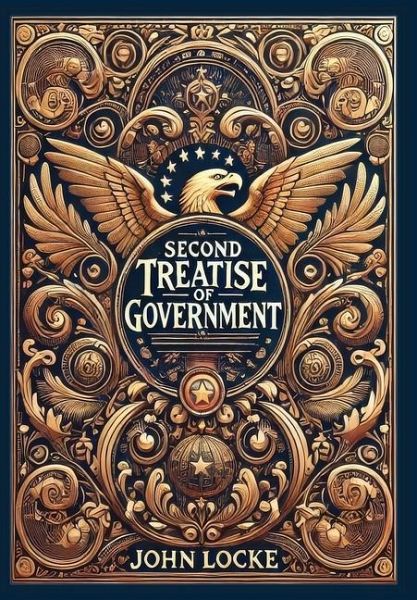
John Locke
Gebundenes Buch
Second Treatise Of Government (Collector's Edition) (Laminated Hardback with Jacket)
Versandkostenfrei!
Versandfertig in über 4 Wochen

PAYBACK Punkte
19 °P sammeln!




What if power came from the people, not kings? Locke's Second Treatise redefines government as a protector of natural rights through mutual consent.
John Locke, born on August 29, 1632, in Wrington, Somerset, England, was a philosopher and physician who profoundly shaped modern thought. He studied at Westminster School and Christ Church, Oxford, focusing on medicine and natural sciences. Locke's association with Lord Ashley, later the 1st Earl of Shaftesbury, greatly influenced his political and philosophical ideas.In 1683, Locke fled to the Netherlands to escape political persecution, where he refined his most significant works. During this time, he wrote An Essay Concerning Human Understanding and A Letter Concerning Toleration, which addressed knowledge and religious tolerance. He returned to England after the Glorious Revolution and published his groundbreaking ideas on governance.Locke's theories on the social contract and the mind as a "tabula rasa" reshaped philosophy and politics. His emphasis on experience as the basis of knowledge challenged long-standing ideas about innate concepts. These contributions influenced Enlightenment thinkers and laid the foundation for modern democracy, inspiring movements worldwide.
Produktdetails
- Verlag: Revive AI Ltd.
- Seitenzahl: 136
- Erscheinungstermin: 11. Februar 2025
- Englisch
- Abmessung: 229mm x 152mm x 11mm
- Gewicht: 354g
- ISBN-13: 9781998736072
- ISBN-10: 1998736075
- Artikelnr.: 73256482
Herstellerkennzeichnung
Libri GmbH
Europaallee 1
36244 Bad Hersfeld
gpsr@libri.de
Für dieses Produkt wurde noch keine Bewertung abgegeben. Wir würden uns sehr freuen, wenn du die erste Bewertung schreibst!
Eine Bewertung schreiben
Eine Bewertung schreiben
Andere Kunden interessierten sich für



